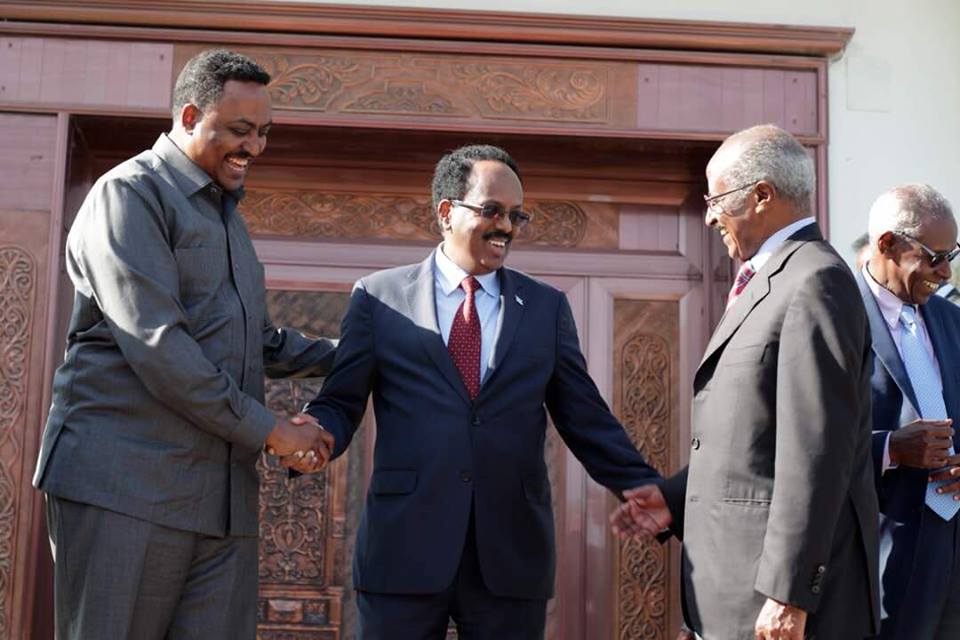shilohcreekkennels.com – Eritrea, a small yet strategically located country in the Horn of Africa, has a complex relationship with its neighboring countries. These relationships are influenced by historical ties, territorial disputes, economic interests, and regional geopolitics. In this article, we will explore Eritrea’s interactions with its neighbors, including Ethiopia, Sudan, Djibouti, and Somalia, and examine the factors that shape these relationships.
Historical Context
Eritrea’s modern relationships with its neighbors are deeply rooted in history. The country was a part of various empires and colonial powers before gaining independence from Ethiopia in 1993 after a prolonged struggle. This history of conflict and colonialism has left a lasting impact on Eritrea’s foreign policy and its interactions with neighboring states.
Relations with Ethiopia
Eritrea’s relationship with Ethiopia is one of the most critical and complex in the region. The two countries fought a bitter border war from 1998 to 2000, resulting in tens of thousands of deaths and a frozen conflict. Despite a peace agreement in 2000, the border remained tense and disputed areas unresolved. However, in 2018, a significant breakthrough occurred when Ethiopian Prime Minister Abiy Ahmed and Eritrean President Isaias Afwerki signed a peace deal, leading to the normalization of relations. This rapprochement has opened up opportunities for economic cooperation and regional integration.
Relations with Sudan
Eritrea’s relationship with Sudan has been marked by both cooperation and tension. During Sudan’s civil war, Eritrea supported the Sudan People’s Liberation Movement/Army (SPLM/A), which strained relations with the Sudanese government. However, with the end of the civil war and the independence of South Sudan in 2011, Eritrea and Sudan have sought to improve their ties. Economic cooperation, particularly in trade and infrastructure projects, has been a focus area for both countries.
Relations with Djibouti
Eritrea and Djibouti have had a troubled relationship, primarily due to a border dispute over the Ras Doumeira region. Tensions escalated in 2008 when clashes occurred between the two countries’ armed forces. The dispute remains unresolved, and the border is heavily militarized. Despite the conflict, there have been occasional diplomatic efforts to mediate the dispute and improve relations.
Relations with Somalia
Eritrea’s involvement in Somalia has been a point of contention with the international community. Accusations of Eritrea supporting armed groups in Somalia, including al-Shabaab, have led to United Nations sanctions against the country. However, Eritrea has consistently denied these allegations and has sought to play a constructive role in Somalia’s peace and stability.
Economic and Regional Integration
Economic interests and the pursuit of regional integration have become increasingly important factors in Eritrea’s relationships with its neighbors. The normalization of relations with Ethiopia has opened up new avenues for trade and investment, with both countries seeking to capitalize on their shared history and economic complementarities.
Trade and Infrastructure
Eritrea’s strategic location provides it with access to the Red Sea, making it a potential hub for regional trade. The development of ports and other infrastructure projects, often in collaboration with neighboring countries, is seen as crucial for economic growth and regional integration.
Security and Stability
Security concerns are another significant aspect of Eritrea’s interactions with its neighbors. The threat of terrorism, piracy, and regional instability necessitates cooperation on security matters. Eritrea’s participation in regional security initiatives and its efforts to combat terrorism are essential for maintaining stability in the Horn of Africa.
Conclusion
Eritrea’s relationship with its neighboring countries is characterized by a mix of historical tensions, territorial disputes, and economic cooperation. While there have been periods of conflict, there is also a growing recognition of the need for peaceful coexistence and mutual development. As the region continues to evolve, Eritrea’s diplomatic efforts and engagement with its neighbors will play a crucial role in shaping the future of the Horn of Africa.
